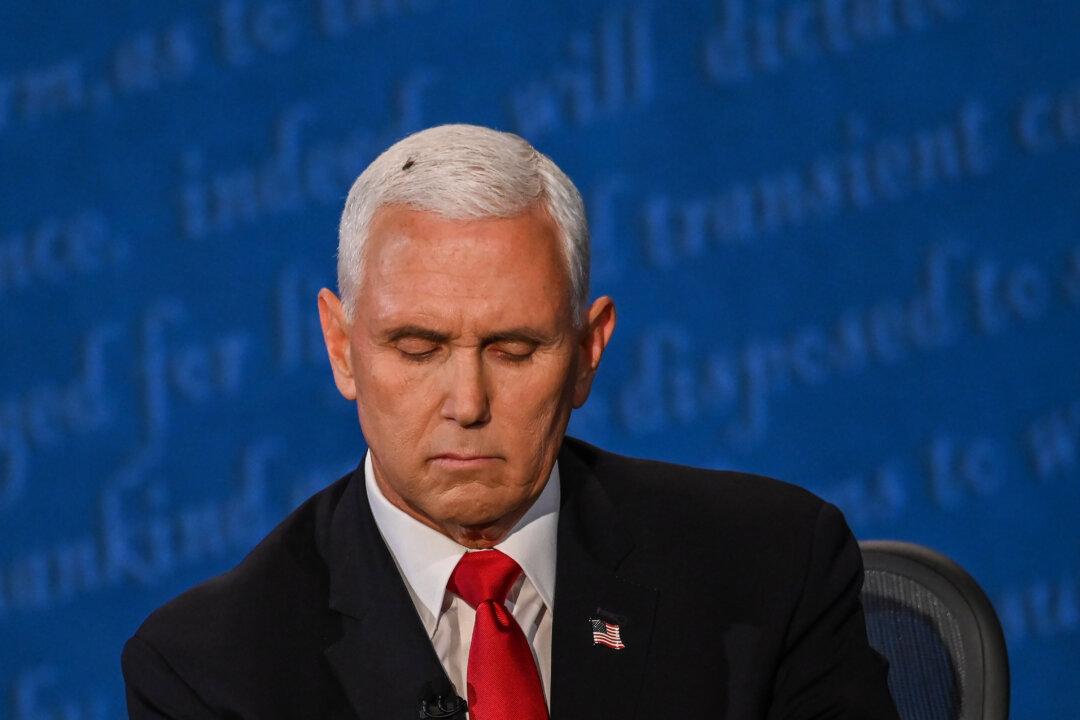Commentary
Here’s the news of this year’s election campaign: Both candidates in the vice-presidential debate stuck to their respective narratives. And the media stuck to theirs.

Here’s the news of this year’s election campaign: Both candidates in the vice-presidential debate stuck to their respective narratives. And the media stuck to theirs.